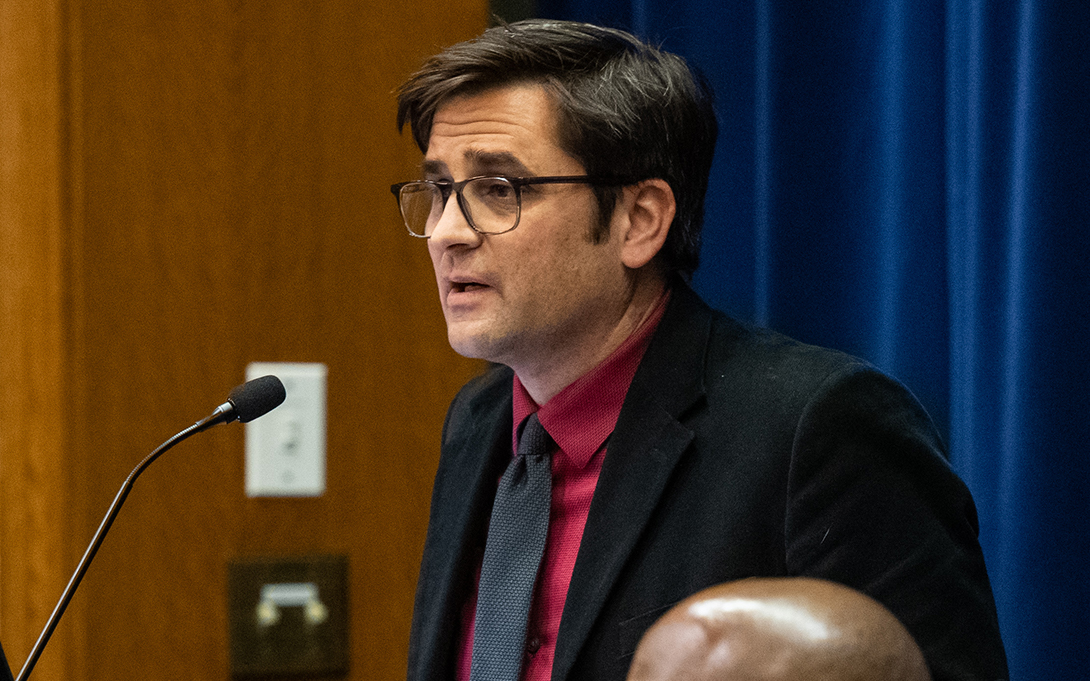
David Thacher spoke with Sarah Childress of PBS Frontline about “The problem with “broken windows” policing.”
The piece, which explores what we know, and don’t know, about the effectiveness of broken windows policing, aired on June 28.
Just what is broken windows policing? An influential theory that argues that leaving small offenses unpunished invites disorder, and perhaps even crime.
This theory has informed many police department policies over the years, including Newark’s numerous “blue summonses” and New York City’s 1.8 million “quality of life summonses” between 2010 and 2015 alone.
Some say that summonses like these, which focus on minor offenses, have created a troubling rift between police and the communities they serve, while doing very little to prevent crime.
“Broken windows frames trivial misbehavior as the beginning of something much more serious,” says Thacher, who has written extensively about the topic here (Order maintenance policing), here (Olmsted’s police), and here (Don’t end broken windows policing, fix it).
“And I worry that that encourages the police to see a broader and broader swath of the people they’re policing as bad guys.”
David Thacher is an associate professor of public policy and urban planning at the Gerald R. Ford School of Public Policy. With a focus on criminal justice policy, he has undertaken studies of order maintenance policing, the local police role in homeland security, community policing reform, the distribution of safety and security, and prisoner reentry.